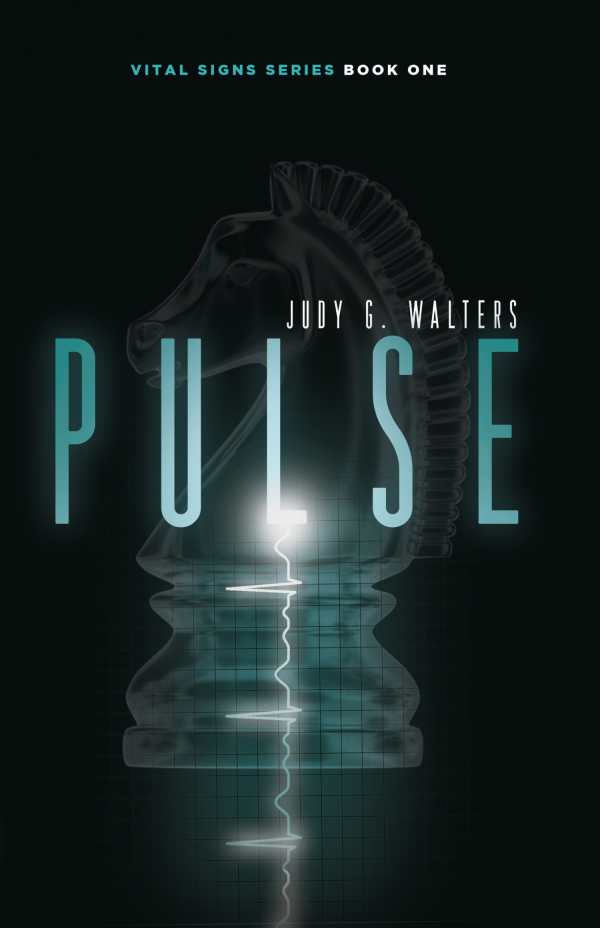
Pulse
Vital Signs Series Book One
An emergency room doctor deals with massive challenges both at work and at home in Pulse, the first novel in a series.
In Judy G. Walters’s medical novel Pulse, a physician struggles to balance his messy home life with his harrowing career in emergency medicine.
Bobby is one of the most respected emergency room physicians in Texas, drawing the admiration of patients and colleagues alike. But this comfort is shattered when his home and work lives collide: his abusive wife brings their son into the emergency room, and he’s dead on arrival. In his grief, Bobby moves to a new hospital, hoping to leave his pain—and the pity of others—behind.
In his new hospital, Bobby slides right back into work with tireless dedication. He gathers a team of capable nurses and doctors to help him combat the never-ending rotation of patients and cases, though this team is not fleshed out much beyond their interactions with him (with the exception of a janitor who shares his story with Bobby). As the story continues, Bobby home life continues to degrade: his wife remains aloof and cruel, and his daughter shoulders too many burdens.
Fast, concise conversations are used to flesh out Bobby’s work and home environments. There is urgency in each conversation Bobby has at work, though he allows himself to be more languid in his discussions with his daughter. And in the end, the novel’s focus proves to be less about Bobby’s medical cases than it is about the enduring relationships he forges. He and his daughter are sources of warmth in the troubled tale, offering each other support. Even more so than the book’s medical scenes, their time together makes for compelling reading: both know that Bobby is facing a potential divorce, and that family storms will follow.
But in the end, there’s too much going on in the novel. Minor mysteries are introduced in a rapid fire manner, in the form of medical cases that Bobby and his team solve within a few pages. Such treatments of Bobby’s work life are rushed through; they pair with an outlandish denouement that is an odd fit with the preceding narrative. And at the hospital, an ongoing chess game that keeps the staff engaged during their breaks becomes a heavy device: its moves are made to mirror key narrative events. This intriguing metaphor is hammered at too much, as when a person uses a chess piece to signal new beginnings.
Pulse is a character-driven medical novel that is most engaging when its focal emergency room doctor returns home.
Reviewed by
John M. Murray
Disclosure: This article is not an endorsement, but a review. The publisher of this book provided free copies of the book and paid a small fee to have their book reviewed by a professional reviewer. Foreword Reviews and Clarion Reviews make no guarantee that the publisher will receive a positive review. Foreword Magazine, Inc. is disclosing this in accordance with the Federal Trade Commission’s 16 CFR, Part 255.
